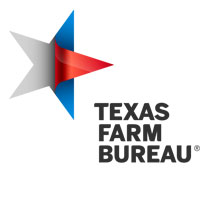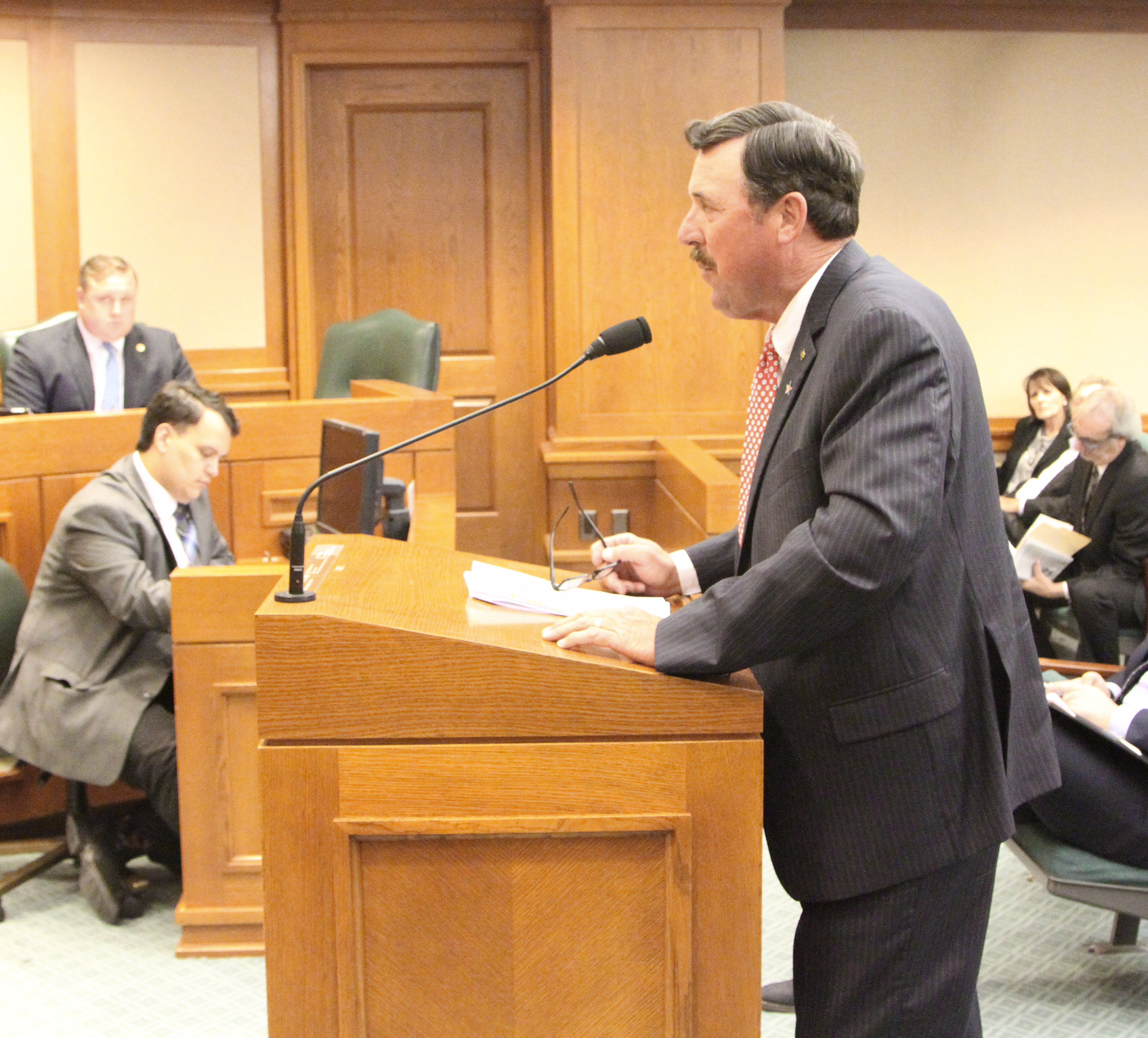TFB president stresses need for eminent domain reform
(AUSTIN, Texas)—Texas landowners need fairness and transparency in eminent domain proceedings was the statement from Texas Farm Bureau President Russell Boening as he testified in support of HB 2684 before the House Land and Resource Management Committee.
The bill, filed by Rep. DeWayne Burns (R-Cleburne), outlines requirements that would make eminent domain a more fair process for private property owners.
“We feel like there are too few checks and balances in place to ensure the eminent domain process is exercised appropriately,” Boening said. “We’ve heard it from our members before where landmen admitted they were authorized to make that initial offer ‘low enough.’ If that initial offer had not been so low, maybe that awarded offer would not seem so high.”
Texas landowners face a future of continued demand for their land. With many potential projects on the horizon, proponents of the bill are looking for a legislative fix.
“When offers are too low, the landowners’ only choice is to settle or be sued,” Boening said. “If you don’t have the money to hire an attorney, you settle. Those who hire an attorney and win, you’re still not going to be adequately compensated. You pay your attorney.”
HB 2684 would provide a disincentive for condemning entities to provide landowners with lowball offers, and therefore offering a fair market price up front.
"The condemnation process is not a willing buyer and a willing seller,” Boening said. “Landowners are often land rich and cash poor. It’s important that their land be thought of in its full value.”
Boening stressed to the committee that most landowners want to avoid litigation. To do so, the current process would need to be reformed.
HB 2684 also outlines that certain project information and property rights protections would be required in the deed or easement contract that entities present to landowners.
Those property protections would include repairing damages to land outside the easement area, locking and closing gates, as well as knowledge of how many pipelines and electric poles will go into the easement area.
Boening echoed those sentiments in his testimony on HB 2694 authored by Rep. Kyle Kacal (R-Bryan) and HB 3687 by Rep. Trent Ashby (R-Lufkin).
The bills are also supported by the Texans for Property Rights Coalition, which is led by Texas Farm Bureau, Texas and Southwestern Cattle Raisers Association and the Texas Wildlife Association.
The coalition consists of 25 organizations committed to the preservation of Texas’ private property rights. The coalition was organized to pursue eminent domain reform during the 2017 Texas legislative session and will continue to work with legislators to secure the passage of these bills and others proposed in the House and Senate that address the need for reform.
The coalition members include: Texas Farm Bureau, Texas and Southwestern Cattle Raisers Association, Texas Wildlife Association, Texas Association of REALTORS®, South Texas’ Property Rights Association, Texas Forestry Association, Texas Sheep and Goat Raisers Association, Texas Poultry Federation, Independent Cattlemen’s Association of Texas, Texas Grain Sorghum Association, Plains Cotton Growers Inc., Texas Land and Mineral Owners Association, Texas Association of Dairymen, Texas Cattle Feeders Association, Corn Producers Association of Texas, Riverside and Landowners Protection Coalition, Texas Grain and Feed Association, Texas Citrus Mutual, Texas Hill Country Heritage Association, Texas Coalition for Conservation, Texas Wheat Producers Association, Texas Agricultural Land Trust, Ranchers and Landowners Association of Texas, Texas Nursery and Landscape Association and the Tax Exchange Institute.


